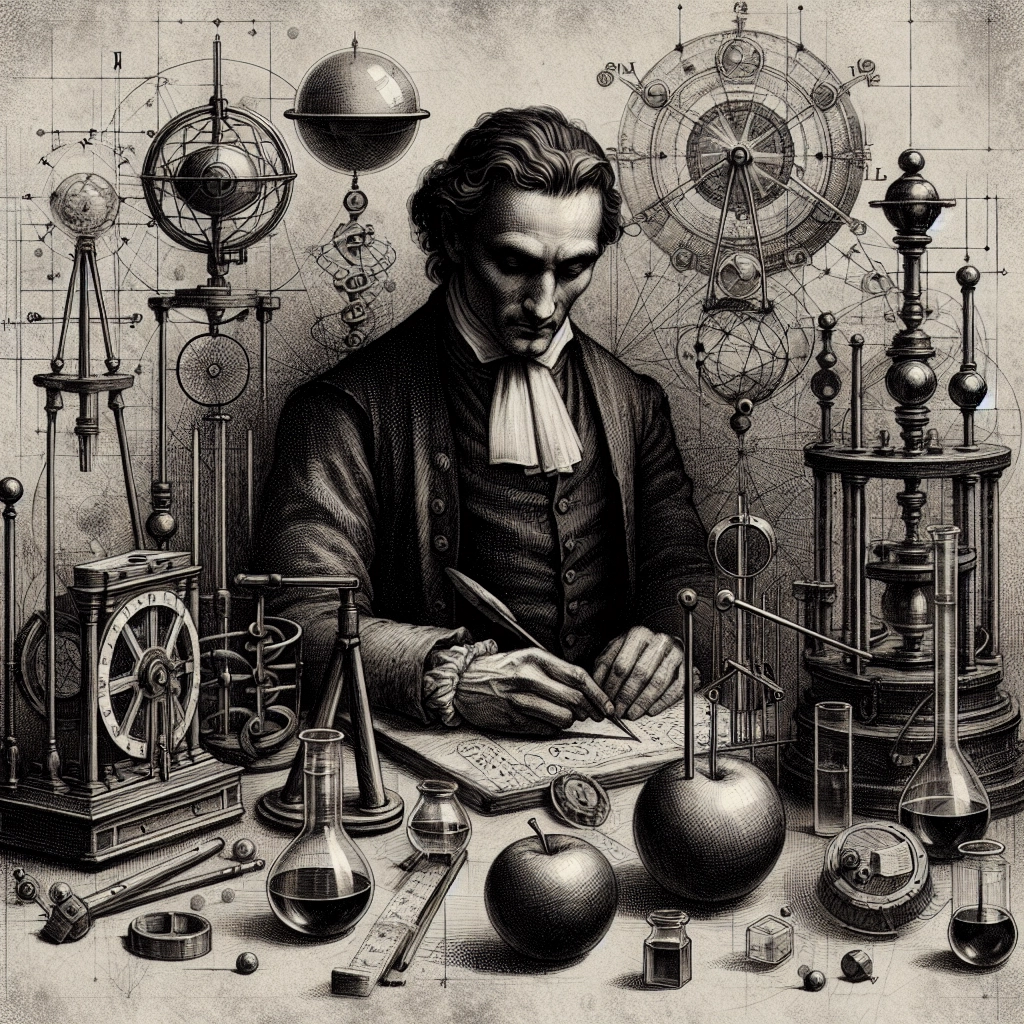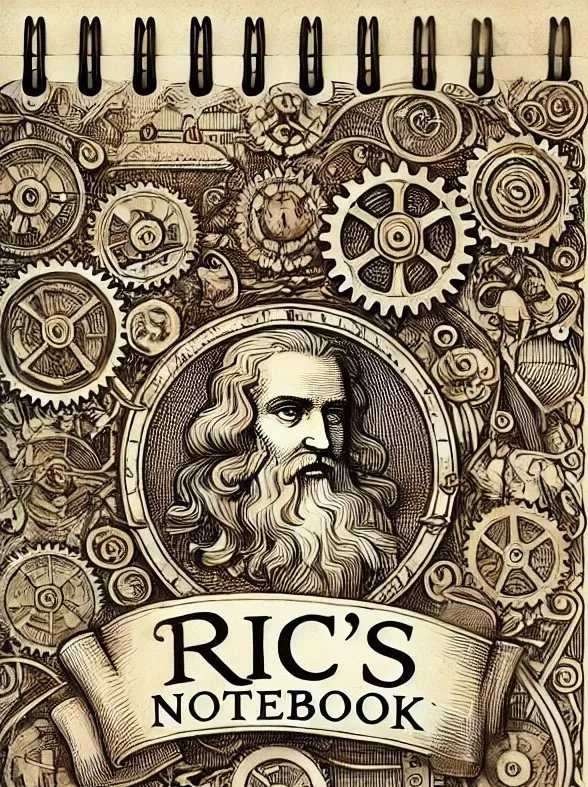
- Published on
- Authors

- Name
- ric de yuga 😄
Isaac Newton: The Alchemist Who Revolutionized Science 🍎🔬
Isaac Newton, the iconic figure in the history of science, is best known for his groundbreaking work in physics and mathematics. From his laws of motion to his invention of calculus, Newton's contributions have shaped our understanding of the universe. But what many people don't know is that Newton was also deeply interested in alchemy and spirituality – pursuits that may have actually fueled his scientific innovations. 💡🌌
Newton's Scientific Legacy 🔭
Newton's scientific achievements are nothing short of remarkable. His three laws of motion laid the foundation for classical mechanics, while his law of universal gravitation explained the motion of objects on Earth and in the heavens. 🌍🪐
In mathematics, Newton's development of calculus provided a powerful tool for solving complex problems and describing the world in terms of rates of change. His work on optics, including his famous experiments with prisms, revealed the nature of light and color. 🌈📏
These contributions alone would have secured Newton's place in the annals of scientific history, but his genius extended far beyond the realm of conventional science. 🧠💡
The Alchemical Quest 🧪
Beneath Newton's public persona as a rational man of science lay a deep fascination with the mystical art of alchemy. In fact, Newton wrote more about alchemy than he did about physics and mathematics combined. 📜🔍
Alchemy, the precursor to modern chemistry, sought to transform base metals into gold, discover the elixir of life, and unravel the secrets of the universe. Newton's alchemical pursuits were not mere whimsy – he believed that by understanding the fundamental principles of matter and energy, he could unlock the hidden forces that governed the world. 🔓🌍
Newton's alchemical experiments were meticulous and wide-ranging. He studied the properties of metals, the behavior of gases, and the interactions of substances. While he never achieved the mythical goals of alchemy, his work laid the foundation for modern chemistry and materials science. 🧪👨🔬
Spirituality and Inspiration 🙏
Newton's interest in alchemy was intimately tied to his spiritual beliefs. He saw the pursuit of knowledge as a means of understanding the divine creation and the mind of God. 🌠✨
In his private writings, Newton explored unconventional religious ideas, such as the rejection of the Trinity and the belief in a prisca sapientia – an ancient wisdom that had been lost over time. These unorthodox views may have influenced his scientific thinking, encouraging him to question established doctrines and seek new ways of understanding the world. 🤔💭
Newton's spiritual pursuits also provided him with a source of inspiration and motivation. He believed that by unraveling the mysteries of the universe, he was fulfilling a divine purpose and revealing the handiwork of the Creator. 🌌🙏
The Synthesis of Science and Spirituality 🔬🕊️
For Newton, science and spirituality were not separate domains but rather two sides of the same coin. His alchemical and religious pursuits informed his scientific work, providing him with a unique perspective and a drive to uncover the fundamental laws of nature. 🔍🔭
Newton's ability to bridge the gap between the material and the mystical may have been the key to his genius. By combining rigorous experimentation with philosophical speculation, he was able to make leaps of intuition that led to his greatest discoveries. 💡🌉
In a sense, Newton's alchemical quest was a metaphor for his scientific journey – a relentless pursuit of truth, transformation, and enlightenment. 🔍💡
Conclusion 💡
Isaac Newton's life and work serve as a testament to the power of curiosity, persistence, and the willingness to explore unconventional paths. By embracing the mysteries of alchemy and spirituality alongside his scientific pursuits, Newton was able to achieve a level of insight and innovation that continues to inspire and influence us to this day. 🌟💡
As we navigate the challenges and opportunities of the 21st century, we can draw inspiration from Newton's example. By keeping an open mind, questioning established norms, and seeking truth wherever it may lead, we too can make groundbreaking discoveries and push the boundaries of human knowledge. 🚀🔭
So let us celebrate the life and legacy of Isaac Newton – the alchemist who revolutionized science and showed us the power of a curious and spiritually engaged mind. 🙌🌌
